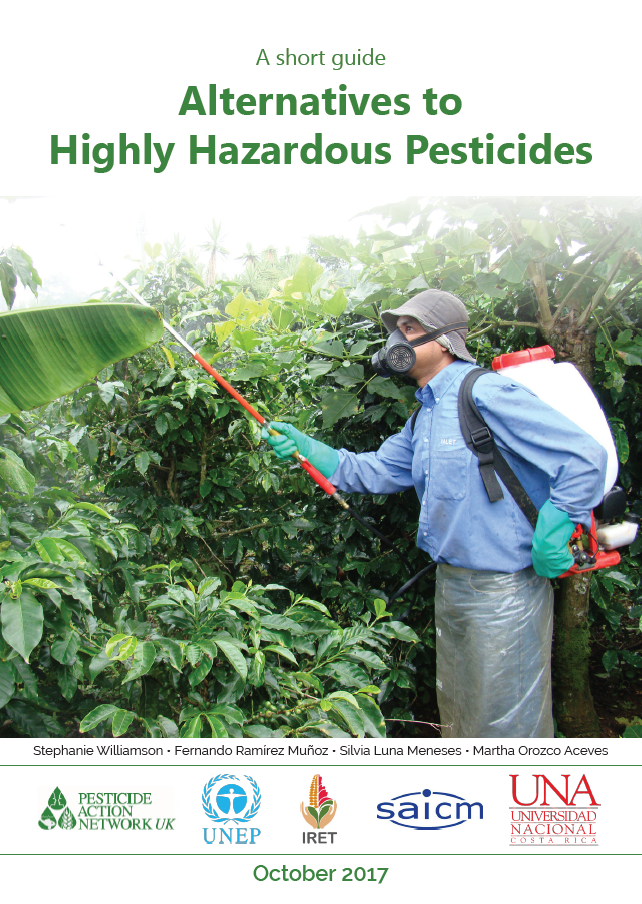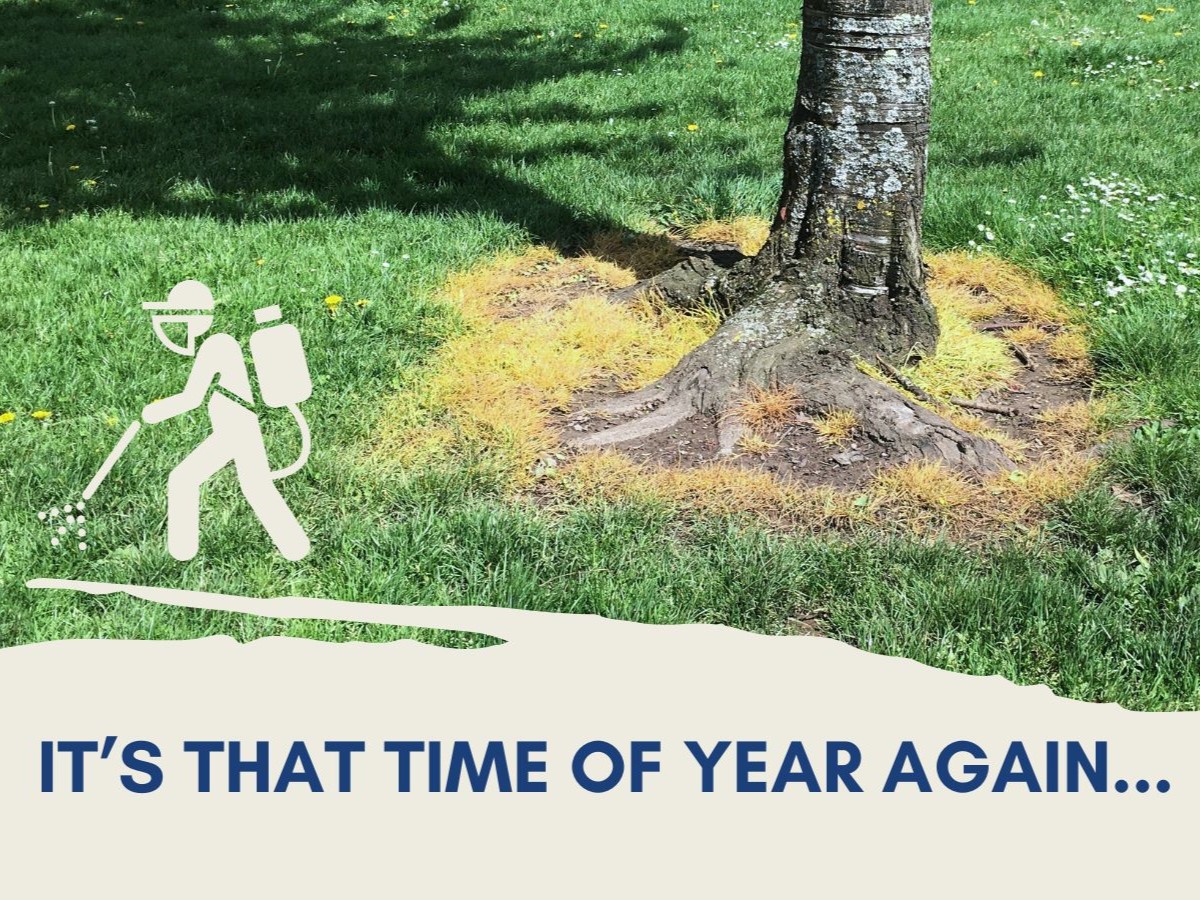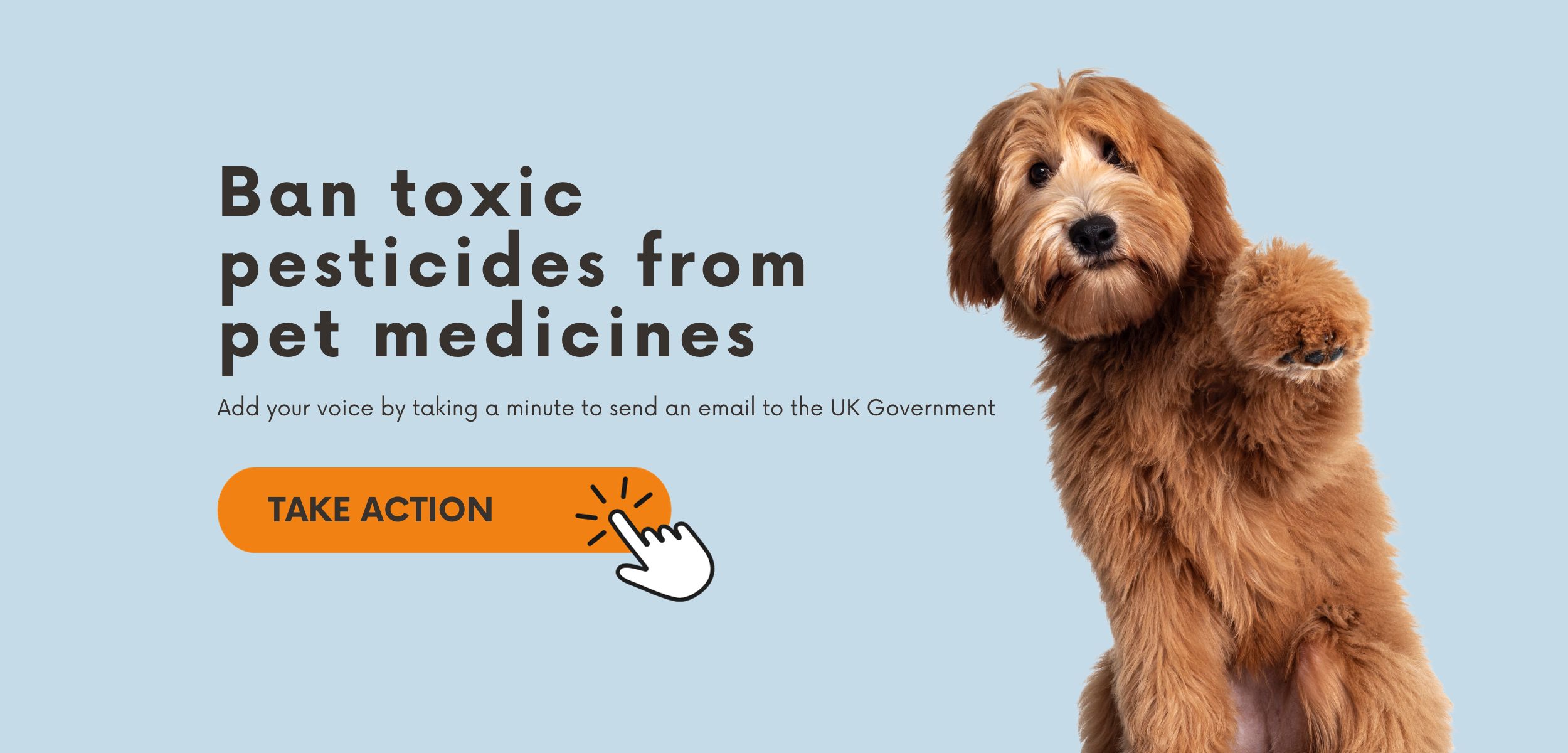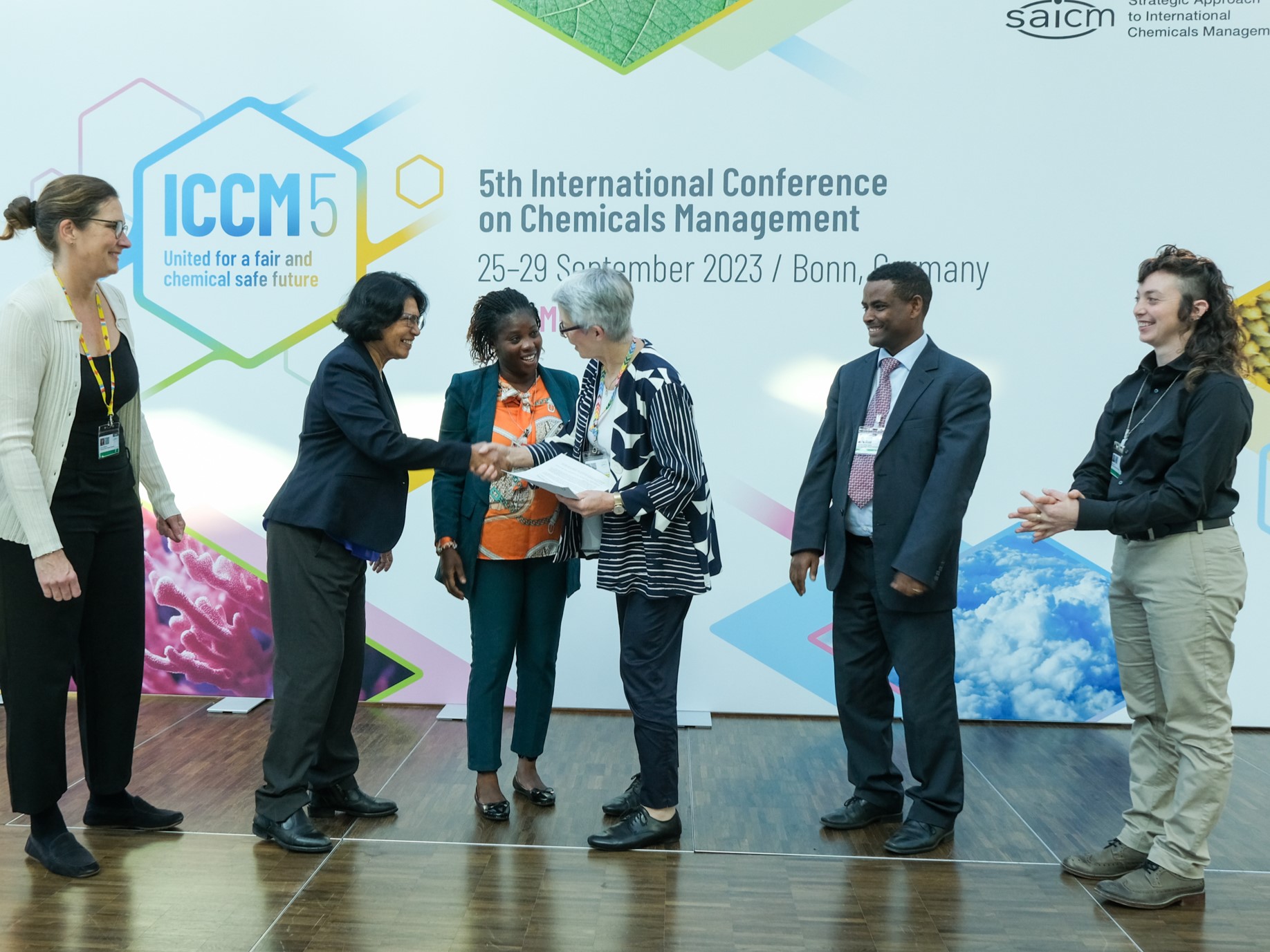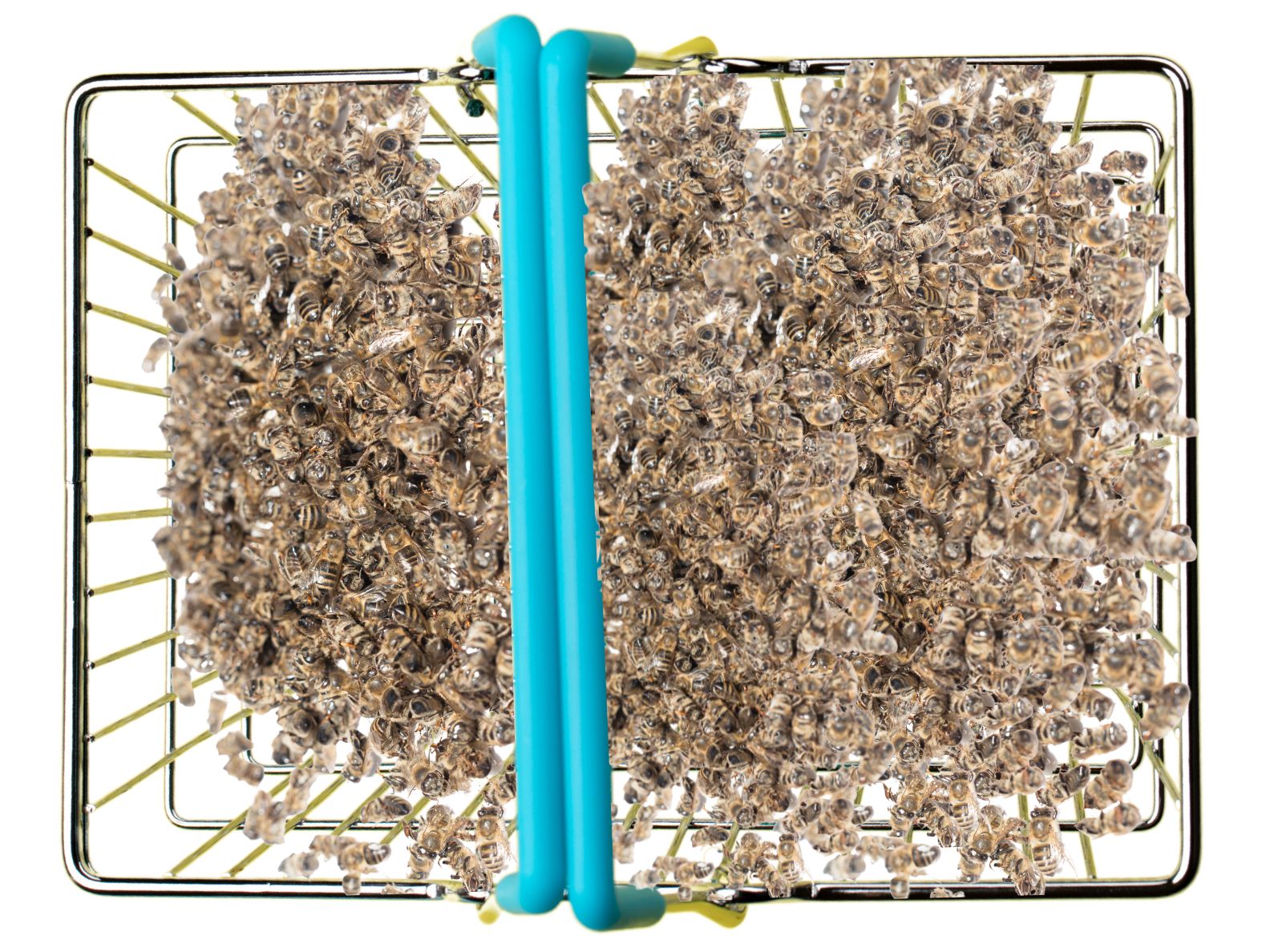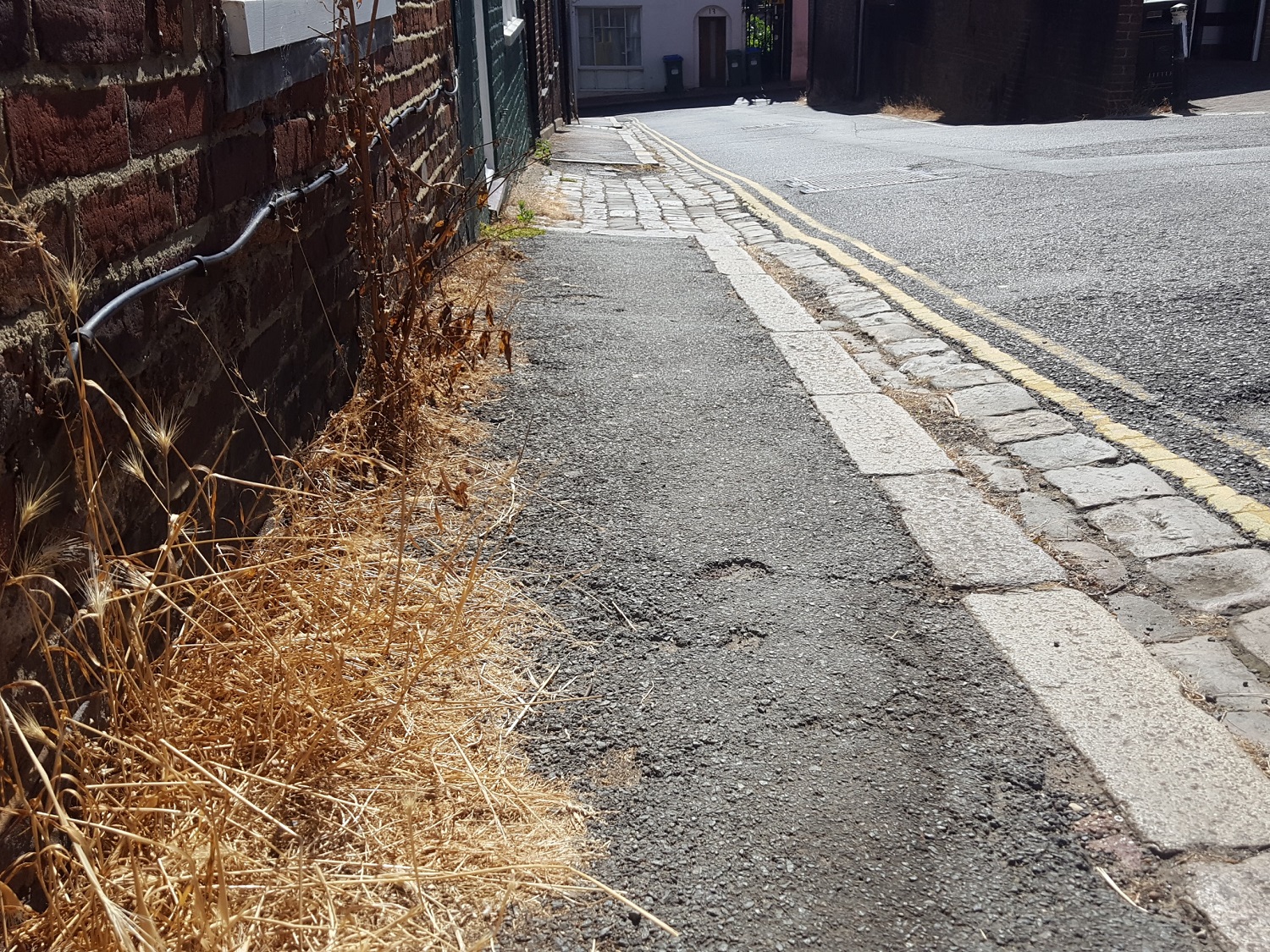Agroecology – An Alternative to Pesticides
What is Agroecology? Agroecology is the science and practice of applying ecological concepts, principles and knowledge to the study, design and management of sustainable agroecosystems. Instead of relying on synthetic pesticides and fertilisers to control pests and provide the nutrients for crop growth, agroecological farming aims to replace [...]

